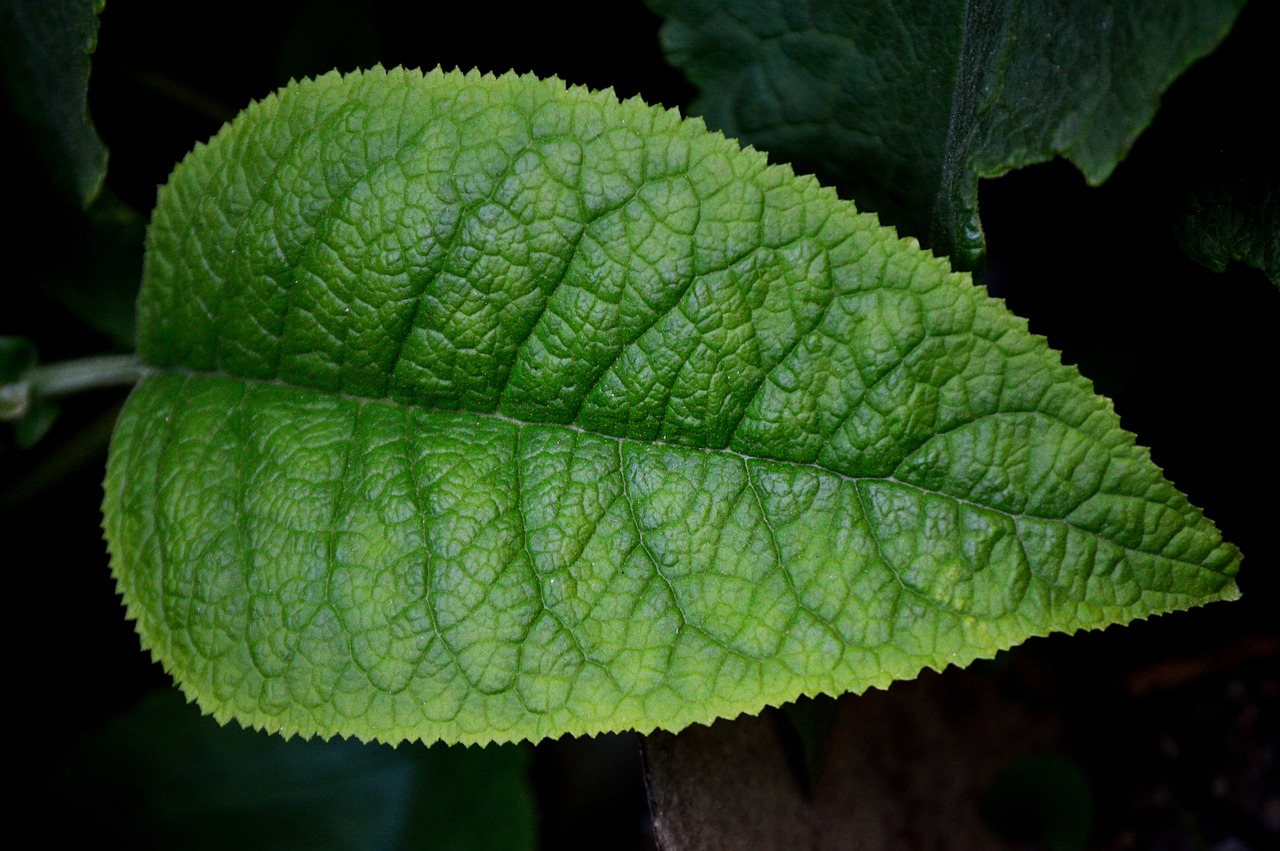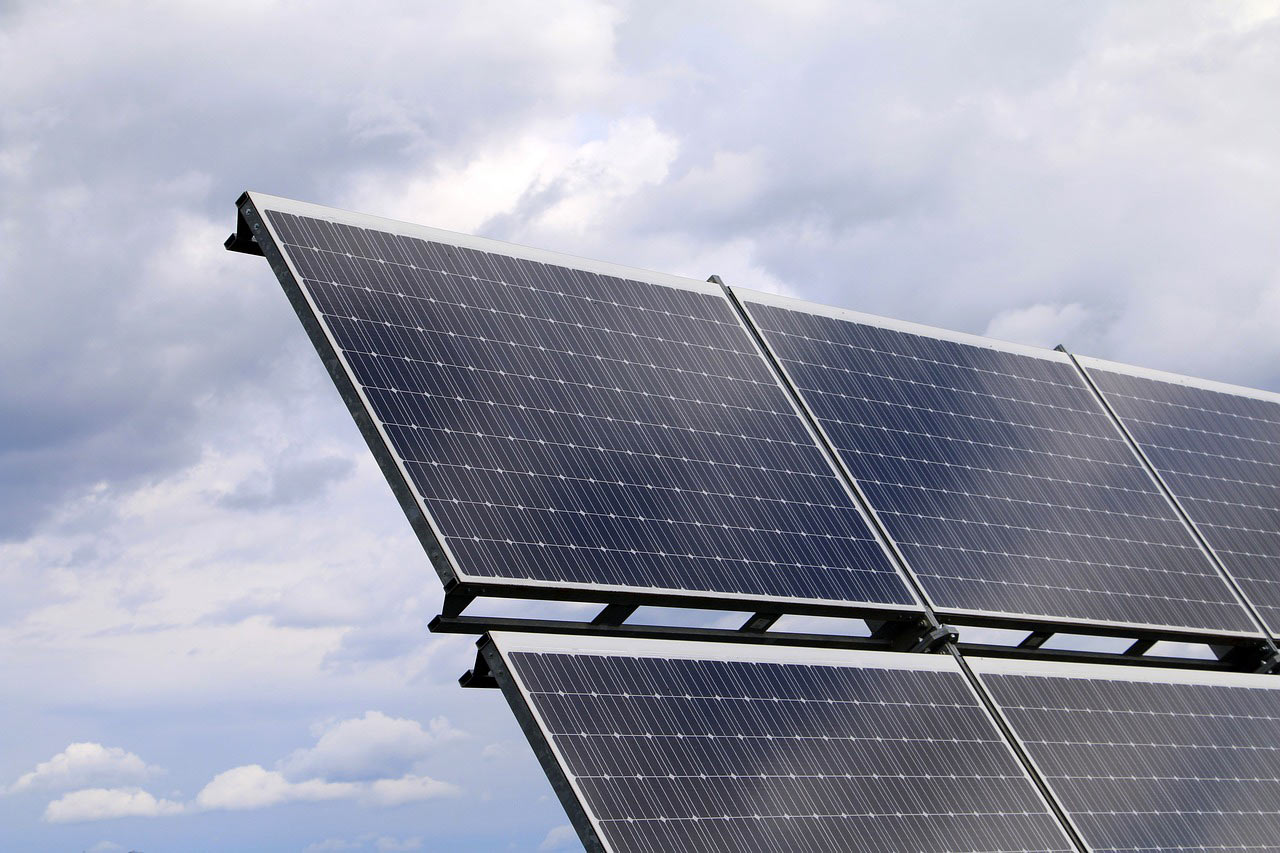ENEA is one of the major player in the study of CO2 treatment. In particular, at Laboratorio Processi per la Combustione Sostenibile a research team is studying the conversion of CO2 into methane, one of the least polluting fuels.
FENICE has been realized following activities performed on small experimental systems in laboratory scale. It is a plant that, operating at high pressures and at temperatures around 200 °C, revitalizes the carbon that is present in CO2 through its reduction with hydrogen: from this reaction methane and water are obtained. The eletctrolizer, that FENICE plant uses for hydrogen production, can be supplied by a renewable source, like photovoltaic panels or wind generators, allowing the solar energy to be stored in chemical form. Besides its environmental benefits, this storage methodology also shows significant benefits in terms of versatility, because the produced methane can be used in different ways both for local use and network distribution. Actually, the plant can produce 250 NL/h of methane, but its potential is much bigger.
Moreover, in the same plant, using special cathalizers it i salso possible to produce methanole and dimethylether (DME). The latter are considered alternative automotive fuels with optimum qualities and low environmental impact.
The system is featured by a high flexibility and is able to experiment the technology for different applications, like the energy valorization of spontaneous CO2 release sites, that are many in Italy due to the presence of vulcanos on its territory.






